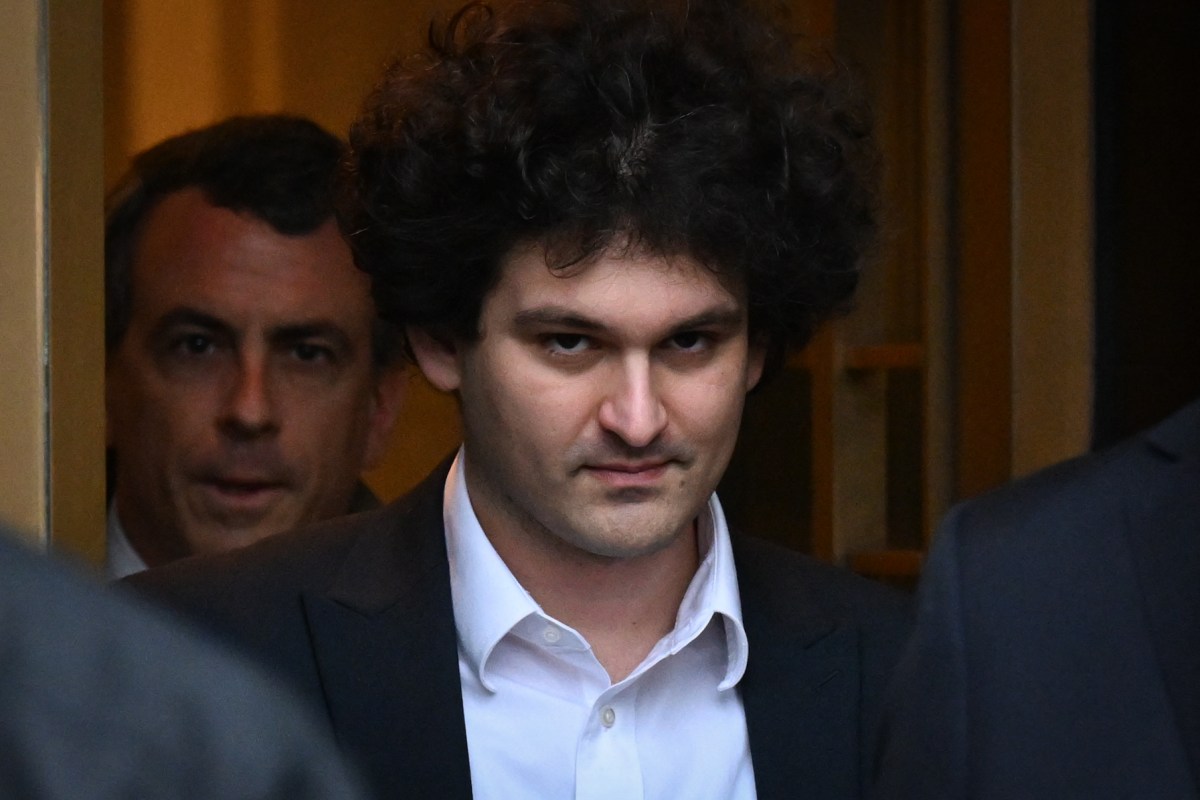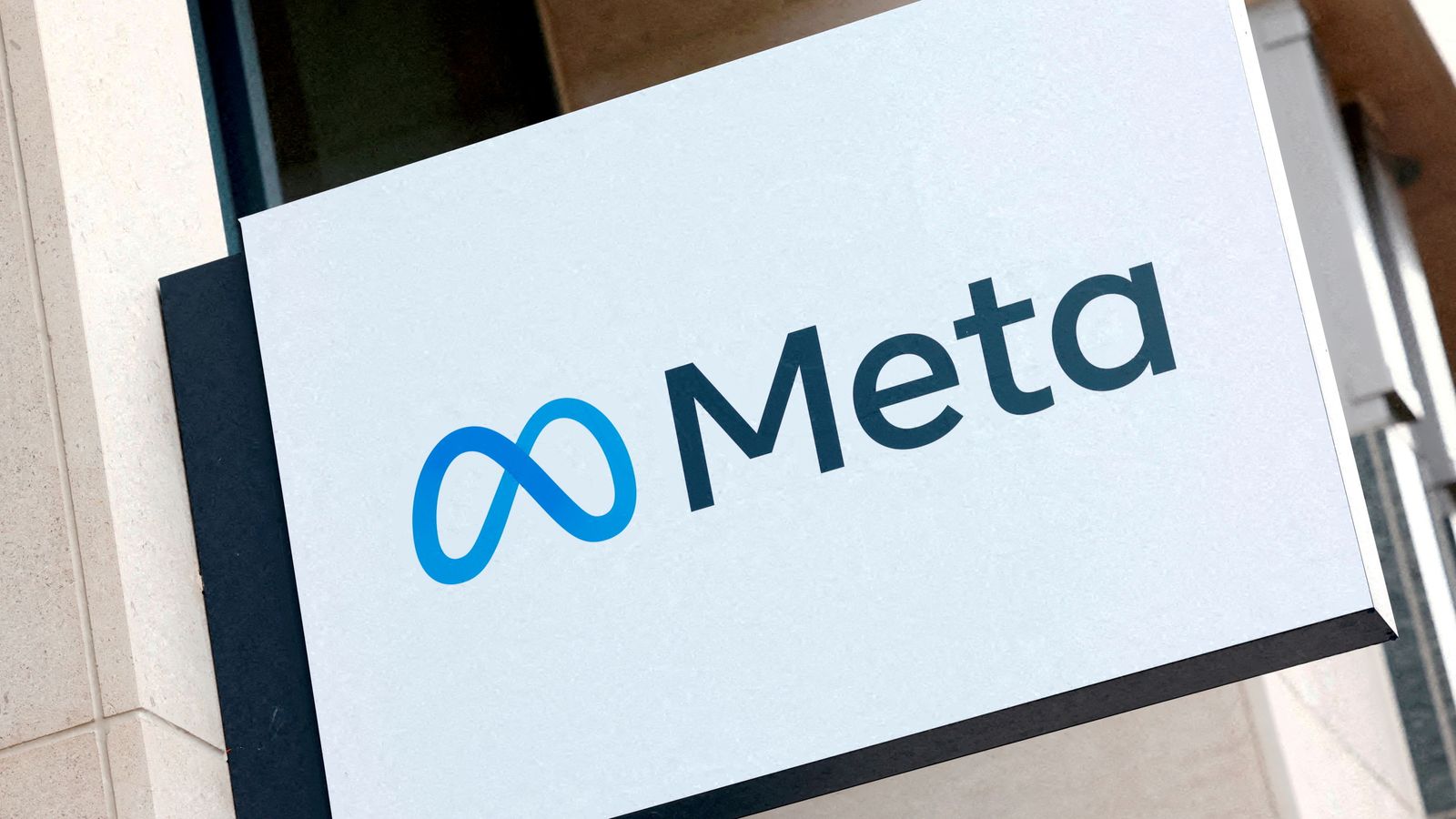The firms also pledged to develop systems to alert the public when an image, video or text is created by artificial intelligence, a method known as “watermarking.”
In addition to the tech giants, several newer businesses at the forefront of AI development signed the pledge, including Anthropic and Inflection. (Amazon founder Jeff Bezos owns The Washington Post. Interim CEO Patty Stonesifer sits on Amazon’s board.)
Several of the signers have already publicly agreed to some similar actions to those in the White House’s pledge. Before OpenAI rolled out its GPT-4 system widely, it brought in a team of outside professionals to run exercises, a process known as “redteaming.” Google has already said in a blog post it is developing watermarking, which companies and policymakers have touted as a way to address concerns that AI could supercharge misinformation.
The commitments mark the Biden White House’s most significant action to date to address the threat of AI, which has the potential to supercharge scams and present new security threats to consumers’ personal data. A senior White House official, who spoke on the condition of anonymity to discuss the pledge, said the agreement would lead to higher standards across the industry.
“This is going to be pushing the envelope on what companies are doing and raising the standards for safety, security and trust of AI,” the person said.
The White House signaled that this was just the beginning of its work on artificial intelligence. The administration is also developing an executive order focused on AI and is supporting efforts in Congress to develop bipartisan legislation regulating the technology.
President Biden is scheduled to give remarks on AI on Friday afternoon, and top executives from participating companies will meet with the White House. Microsoft President Brad Smith, Inflection AI CEO Mustafa Suleyman and Meta President of Global Affairs Nick Clegg are among the attendees.
The White House official shared few specific details about the executive order or a timeline for when it would be released. The person said that the administration was reviewing the role of AI across government agencies and said it was a “high priority” for Biden.
Despite broad concerns about the growing power and influence of the tech sector, Congress has not passed comprehensive regulations of Silicon Valley, and the Biden administration has attempted to use voluntary pledges as a stopgap measure. Nearly two years ago, the Biden administration sought public commitments from major tech companies to improve their cybersecurity practices at a similar White House summit.
Consumer advocates welcomed the pledge but warned that tech companies have a checkered history of keeping their safety and security commitments.
“History would indicate that many tech companies do not actually walk the walk on a voluntary pledge to act responsibly and support strong regulations,” said Jim Steyer, the founder and CEO of the advocacy group Common Sense Media in a statement.
Tech executives on Friday morning reiterated their commitments to the White House in statements and blog posts. Anna Makanju, OpenAI’s vice president of global affairs, said the pledge contributes “specific and concrete practices” to the global debate over AI laws. Amazon spokesman Tim Doyle said the company was “committed” to collaborating with the White House and other policymakers to advance responsible AI.
The White House announcement follows Biden and Vice President Harris’s recent flurry of AI meetings with top tech executives, researchers, consumer advocates and civil liberties groups.
The White House official said the administration was coordinating with Congress “quite a bit” on AI.
“These commitments do not change the need for legislative action,” the person said. The official said that includes privacy legislation, which the administration says is necessary as AI develops.
Yet there are a bevy of different proposals in Congress to regulate AI, and key bipartisan measures are probably months away. Senate Majority Leader Charles E. Schumer (D-N.Y.) has formed a bipartisan group to work on AI legislation, which has spent the summer seeking briefings with top AI experts.
Schumer said in a statement on Friday that he planned to work closely with the Biden administration and would build upon its actions. He said the AI framework he recently introduced will “strengthen and expand” the president’s pledge.
“To maintain our lead, harness the potential, and tackle the challenges of AI effectively requires legislation to build and expand on the actions President Biden is taking today,” he said.
Meanwhile, government agencies are evaluating ways that they can use existing laws to regulate artificial intelligence. The Federal Trade Commission has opened an extensive probe into ChatGPT, sending the company a demand for documents about the data security practices of its product and times that it has made false statements.
#OpenAI #Google #companies #sign #White #House #pledge #risks






